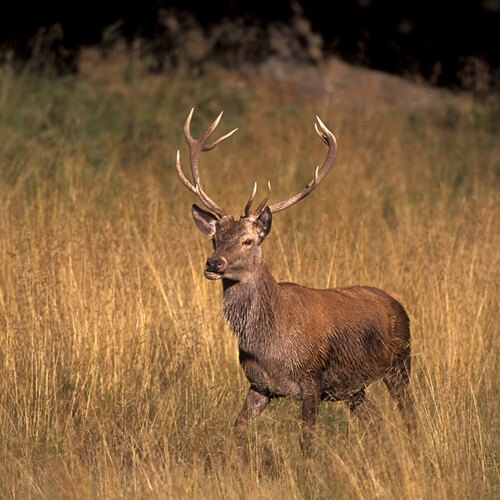Authorities Debate The Commercial Sale Of Wild Game Meats
Meat lovers rejoice: Pretty soon, you may be able to start working with game meats in your online culinary school courses more often. An initiative to legalize the commercial sale of wild game meats has gained traction in recent months, and many environmentalists are calling the approach a gold mine for sustainability.
The illegality of selling wild meat
Currently, the commercial sale of wild meats is illegal. The venison and buffalo meat you might encounter in your culinary education – contrary to what many people believe – is raised on a ranch or plantation as livestock prior to being sold to consumers and chefs.
The reason for the illegality – in addition to the economic benefits of regulation – is that no government body can regulate wild meats’ diets or health prior to their being slaughtered and consumed. For example, many health experts have asserted that conventionally hunted wild deer meat contains traces of lead, a side effect of the bullets generally used to kill the animals.
The benefits of legalization
If the commercial sale of wild game meats once again becomes legal, foodies and environmentalists alike could stand to gain. From an environmental perspective, the population of wild deer in northern states has grown exponentially in recent decades as a result of the near extinction of their natural predator, the North American gray wolf. Allowing the commercial sale of wild venison meat would encourage hunters to keep the deer population in check.
Legalization would also help localize the meat harvesting process, giving hunters and community members a means to support themselves and helping to bolster local economies in rural communities.
Food for thought
Not only could the sale of such meat be an environmental boon, it’s great news for foodies who value biodiversity and gastronomic integrity as well. A few of the most popular game meats consumed in the United States today include whitetail deer, elk, squirrel and mallard.
In addition to offering a more diverse range of meat choices, legalization could mean better-tasting meat. Wild meat – as opposed to ranch-raised meat – is known for its characteristic taste because when an animal’s diet cannot be closely monitored, that animal’s meat tastes correspondingly unique. As culinary students know, the more diverse the array of of berries, wild grasses, flowers, mosses and leaves an animal consumes, the better tasting its meat will be.


